Even though your body needs a lot of sugar for energy, consuming an excessive amount of it can easily lead to your health breakdown.
Sugar is the number one source of energy for your body and the main fuel your brain cells need to function properly. Your body needs sugar to be present in abundant amounts.
But consuming it excessively can easily lead to a lot of negative effects on your health — obesity, high blood pressure, and diabetes.
The American Heart Association recommends 9 teaspoons (36g) and 6 teaspoons (24g) of total sugar per day for men and women, respectively.
Many Nigerians are trying to minimize their sugar intake, but there are so many surprising foods that contain sugar. However, most people just prefer to avoid foods high in sugar.
In this post, we will list some Nigerian foods that are high in sugar.
1. Sugarcane Juice
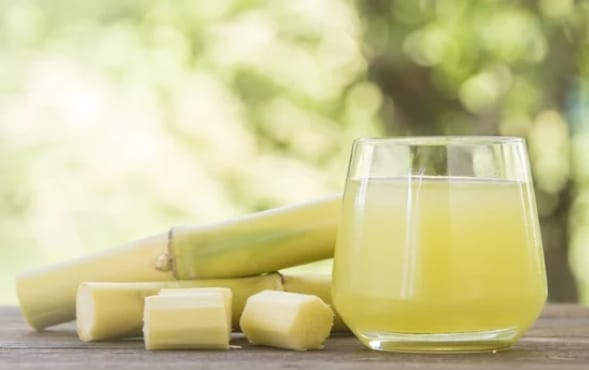
Just like it is named, sugarcane juice is one food that is high in sugar. Sugarcane juice is a sweet liquid that is pressed from peeled sugar cane grass (Saccharum officinarum).
It is popularly consumed in many parts of Nigeria. Although it contains several nutrients, sugarcane juice remains high in sugar.
In fact, 1 cup of 240 mL of sugarcane juice contains a staggering 50 grams of sugar, which is about 12 teaspoons.
2. Ripe Fried Plantains
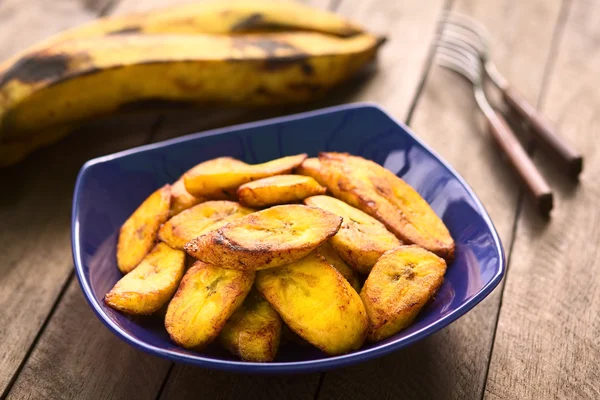
Ripe fried plantains are also known as dodo in Nigeria. They are absolutely delicious and typically used as a side dish.
Although green or unripe plantains might be good for your blood sugar levels, fried ripe plantains might not.
There is about 22g of sugar in 100g of ripe fried plantains, and that makes it slightly high in sugar.
3. Ketchup
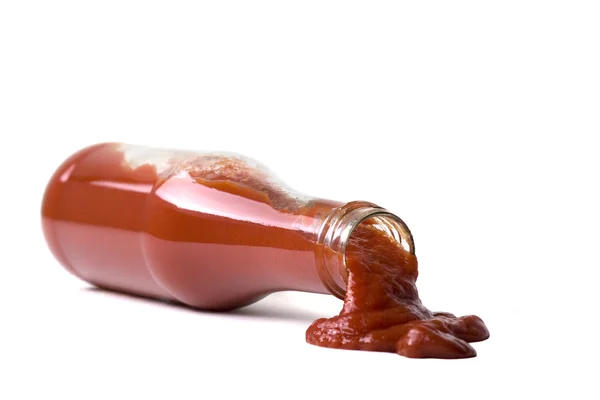
Ketchup is a thick, red sauce made from tomatoes and that are eaten on other foods like chicken and chips, fries, and yams.
It is one of the most popular condiments in Nigeria.
Nevertheless, ketchup is also very high in sugar. Just one teaspoon of ketchup (16g) contains 4g of sugar.
Therefore, 25% of ketchup is made up of sugar.
4. Baked Beans
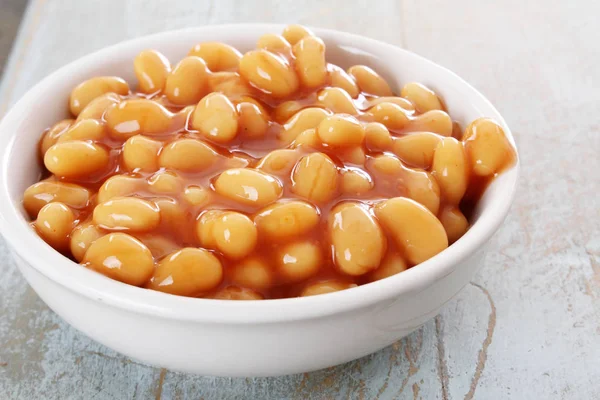
Baked beans are beans that have been softened by soaking and boiling, which are then baked and canned.
Baked beans are also widely used in a variety of Nigerian meals, such as salads and jollof rice.
Nonetheless, it is typically high in sugar. Baked beans usually contain one or more sweeteners, like sugar or maple syrup.
A half-cup of 130g of baked beans contains an average of 3 teaspoons (12 grams) of added sugars.
5. Cereals
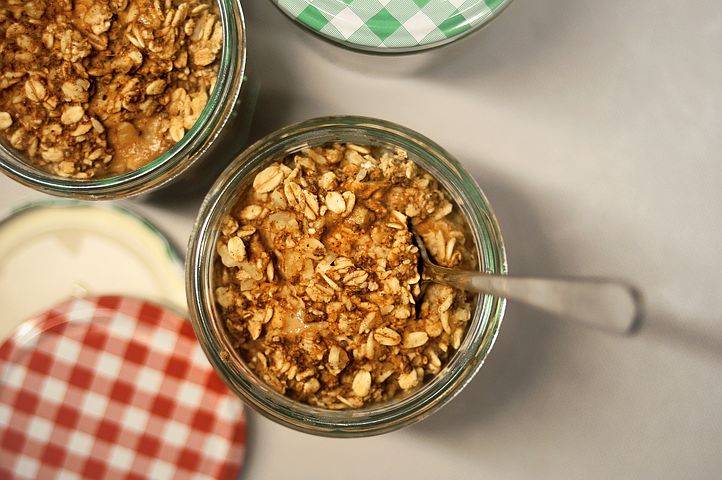
Cereals are prevalent foods in many Nigerian homes. They are often eaten for breakfast. Well, most cereals contain a lot more sugar than you think.
Common breakfast cereals like quaker oats and corn flakes contain a significant amount of sugar.
6. Candies
While candies are not consumed as staple foods, a lot of Nigerians, especially kids, eat them for pleasure.
They are also known for their sweet tastes, which is the primary reason for their popularity.
On average, candies (popularly called sweets) contain about 52g of sugar per 100g servings. That’s about 50 teaspoons of sugar.
7. Sodas
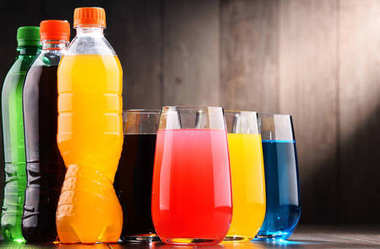
Soda drinks are quite popular beverages in Nigeria. Just about everyone drinks them from time to time.
Sometimes as refreshment and sometimes as a substitute for water when eating a meal.
Beverages like Coca-cola, Sprite, Fanta, Pepsi, and so on are known to contain a high amount of sugar which is the primary reason for their sweet taste.
The amount of sugar in most soft drinks, on average, is about 44g per bottle of the drink — think 9 tablespoons of sugar per bottle.
Most times, this is about 90% higher than the usual dose you would get from eating the quantity amount of foods such as yam and other carbohydrates.
A good substitute for these sugary drinks is their diet counterparts. Instead of binging on the regular coke, you might want to consider the Zero sugar diet Coke or water.
8. Fruit Juice
Juice is a big part of the Nigerian diet. Most people drink this for fun, relaxation, and sometimes with their regular meals.
While most juices are advertised as similar to or near the natural fruits they were made from, juice contains a higher amount of sugar.
The reason is simple, extracting juice from fruits cannot produce the commercial quantities the companies need to make some profits.
So most times, the juices are diluted and sweetened. Like soda drinks, juice contains a high amount of sugar, about 29g of sugar per cup, weighing 249 grams. That’s about 6 teaspoons of sugar, by the way.
9. Low-fat Yoghurt
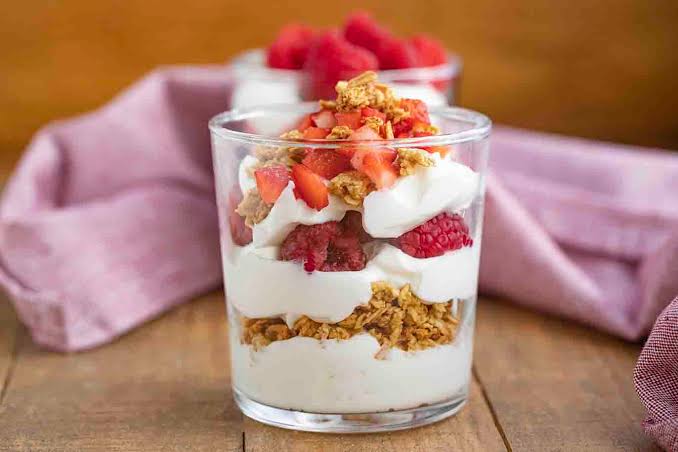
Low-fat yogurt seems like the perfect friend to those who might be watching their weight, are on a diet, or trying to protect their heart.
But low-fat yogurt is not as innocent as they seem to be when it comes to sugar content.
On average, a cup of low fats yogurt weighing about 225g contains about 7 teaspoons of sugar.
Fat is the natural sweetener in yogurts. So when manufacturers remove some of these excess fats, yogurts lose their sweet natural tastes.
This is compensated for by adding more sugar to the yogurts. Yogurt parfait, for example, is high in sugar.
Most times, it’s best that you go for unsweetened yogurts. Those are near natural and contain more probiotics.
10. Fruits
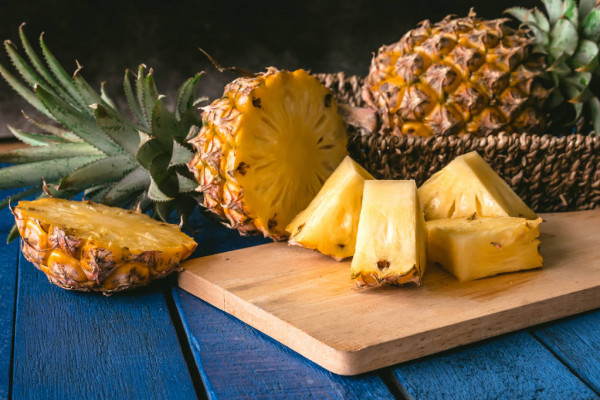
Fruits are naturally rich in sugar. That’s the primary reason for their naturally sweet taste.
While fruits contain a good dose of sugar, the sugars in fruits are not as densely packed as those in your favorite candies or soda drinks.
For instance, a regular apple weighing about 149g contains about 15g of sugar — about 3 tablespoons of sugar.
On average, mangoes, cherries, pineapples, guavas, sugar apple, and grapefruits seem to contain the most significant amount of sugar, while other fruits like oranges and bananas contain lesser amounts.
Conclusion
While sugar is important for your health, excess consumption of sugar is often bad for your health and can lead to obesity, increased blood pressure, and diabetes. If you want to control your sugar levels, then you should either avoid or minimize the consumption of the above Nigerian foods high in sugar.
YOU SHOULD ALSO READ:
- 12 Nigerian Foods That Boost Breast milk Production
- 10 Nigerian Foods to Avoid When Trying to Lose Weight
- 8 Healthy Nigerian Foods for Babies
- 10 Nigerian Foods That Lower Blood Sugar
- 10 Nigerian Foods That Can Relieve Constipation
- Common Nigerian Foods That Balance Hormones
- 7 Healthy Nigerian Foods for Hypertensive Patients
- 13 Healthy Nigerian Foods Rich In Magnesium
Collins Nwokolo is a human physiologist, writer and health enthusiast. He loves writing helpful articles on health and fitness, which he enjoys sharing with everyone.





